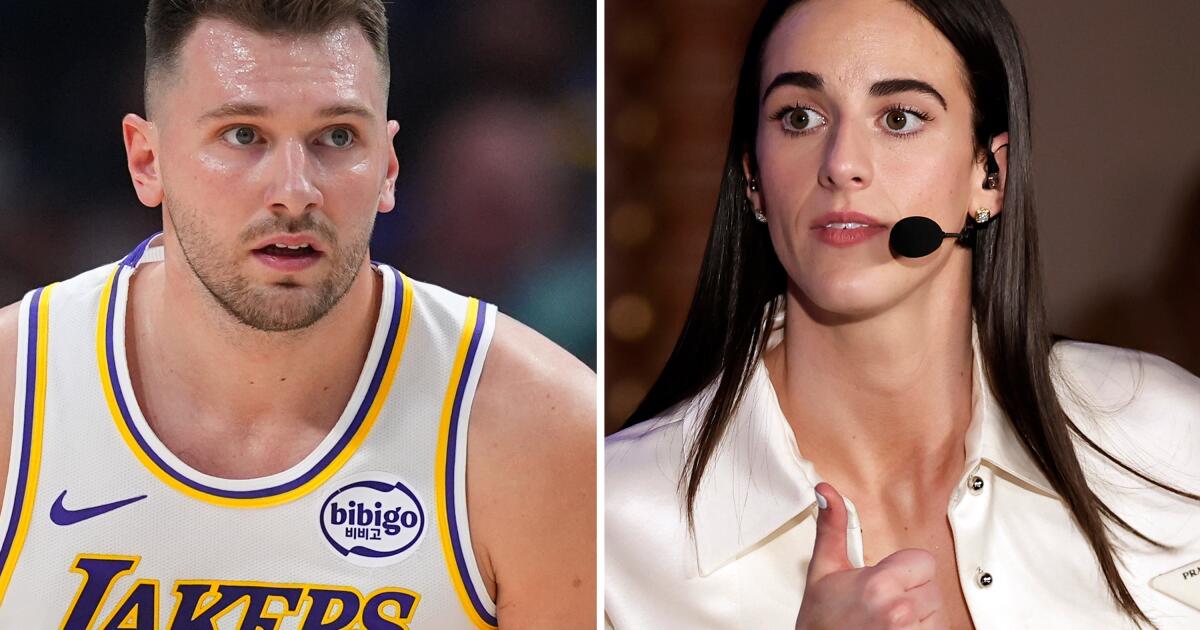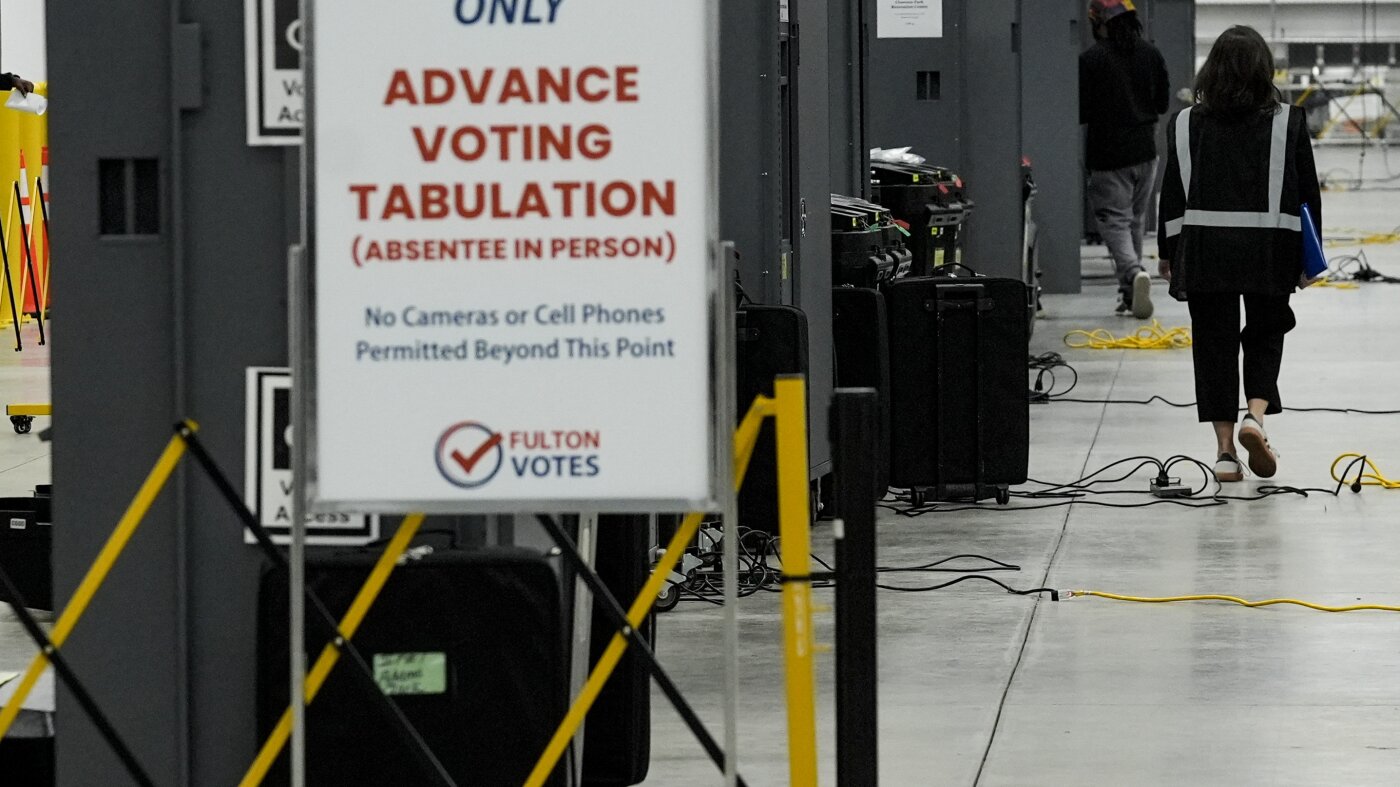CHAMPAIGN — The idea a men’s college basketball team might fill out holes in its roster with international players didn’t happen overnight.
A slow, but steady pipeline from Europe and countries like Canada and Australia, has happened for years.
Lauri Markkanen went directly from Helsinki Basketball Academy in Finland to Arizona. Domantas Sabonis played in Spain before winding up at Gonzaga. Both Moe Wagner and Franz Wagner were on the Alba Berlin roster in Germany before playing at Michigan.
The European influence on the college game is just more now, as the combination of a bigger platform for exposure stateside and the ability to get paid have led to a rising number of international prospects on college basketball rosters.
Like at Illinois, where Tuesday afternoon’s commitment from Mihailo Petrovic will give the Illini not just four international players on next year’s roster, but four players from the Balkans, to wear the orange and blue for the 2025-26 season. Petrovic, a 22-year-old Serbian guard, will join forces with Croatian post presences in 7-foot-1 Tomislav and 7-foot-2 Zvonimir Ivisic, along with 6-foot-9 Montenegrin forward David Mirkovic in Champaign next season.
“They’ve definitely embraced international recruiting,” ESPN’s Jonathan Givony told The News-Gazette during a discussion of Illinois’ efforts overseas. “They’re recruiting everywhere.”
Everywhere this offseason just so happens to be in the Adriatic League, where all four international players set to be on the 2025-26 Illinois roster cut their teeth. The Ivisic twins both played for SC Derby — where Mirkovic now plays — and Petrovic has starred for Mega Superbet this season after playing professionally at various levels in Serbia since the 2020-21 season.
Petrovic is averaging 14.3 points and 7.3 assists and 2.8 rebounds this season for Mega Superbet. The 6-foot-3 guard has had seven double-doubles this season, including 28 points and 13 assists in Monday’s win against Cibona. Petrovic has also represented Serbia internationally, including his first appearance with the senior national team last November.
Illinois’ international recruiting efforts are the continuation of a growing trend for Brad Underwood and Co. Last season’s team featured Lithuanian guard Kasparas Jakucionis and Canadian wing Will Riley, who have both since declared for the 2025 NBA draft and will likely become the Illini’s first (and second) one-and-done draft picks.
Past Illinois teams have also included straight-from-Europe prospects Matic Vesel (Slovenia) and Benjamin Bosmans-Verdonk (Belgium), along with several international players that played high school basketball in the United States. The latter group included the likes of Greg Eboigbodin (Nigeria), Samba Kane (Senegal), Andres Feliz (Dominican Republic), Giorgi Bezhanishvili (Georgia) and Kofi Cockburn (Jamaica).
The level of prospect college basketball teams can secure is simply higher now. Few teams are recruiting Europe as aggressively as the Illini, with assistant coach Geoff Alexander spearheading those efforts, but their four won’t be the only international players on power conference rosters during the 2025-26 season.
“The playing time is probably the biggest draw,” Givony said about the recent influx of international players to college basketball. “It’s not always easy for 18-year-olds in Europe to find a place to get consistent minutes. To have a platform like this, for example at Illinois, I think that’s huge. Every game is on ESPN or on Fox. That’s important to these players.
“The fact you can get paid now — like really, really well — makes it pretty attractive when you think about the platform these guys have. It’s an experience. Going to college is fun, and these guys can get drafted in the first round, too. I think the whole package is very attractive to a lot of these kids.”











































